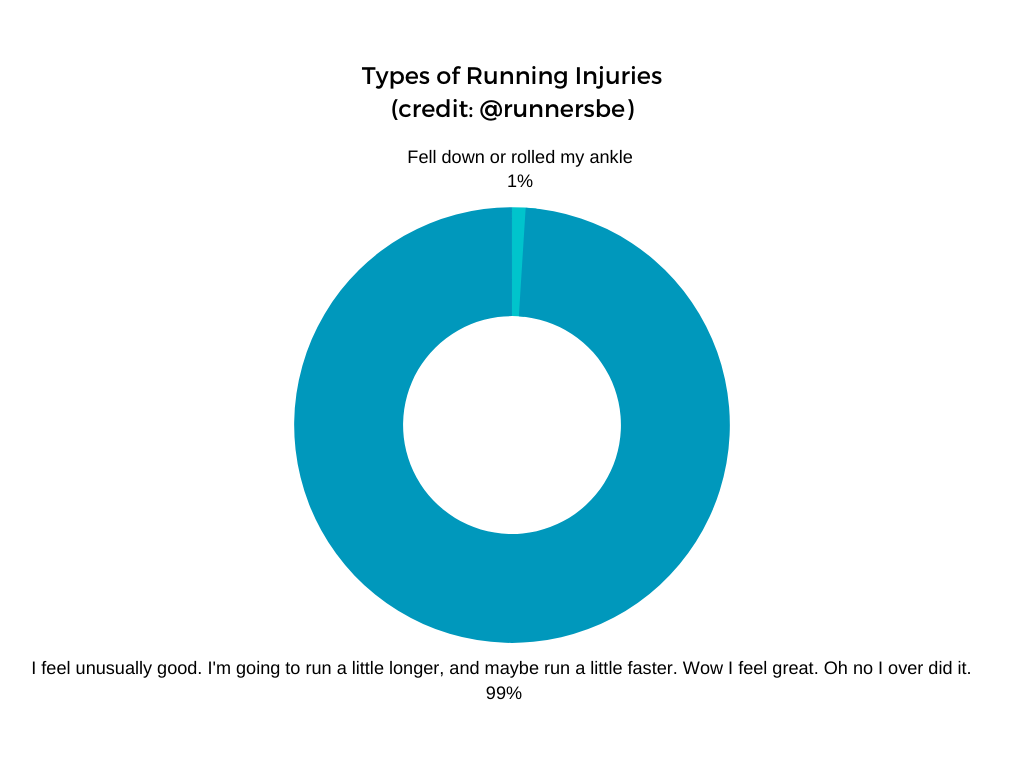Returning to sport and exercise: a physiotherapists guide to avoiding injury
Physiotherapists are expecting an influx of hamstring, knee and ankle injuries as professional athletes and weekend warriors return to Australian sporting fields after enforced layoffs caused by the coronavirus pandemic. Here is a guide produced by SportsCare’s Physiotherapists to help prevent injury.
1. Get strong
Did you know that when running 6.5-8 x your body weight goes through your calf muscle (Dorn, 2014). Are you strong enough to run?
Getting strong doesn’t require signing up for the next body building competition, it doesn’t even mean joining the gym. There are a few simple exercises you can do at home to help build muscle strength that will compliment your return to running or sport and reduce your risk of injury.
If performance is your goal, then getting strong in a gym will not only help with injury prevention but also improve your sporting and running performance.
2. Gradual return
Tendons don’t like surprises, and tendon injuries do not improve with rest. After a period of rest, pain may settle but returning to activity too quickly is often painful again because the rest does nothing to increase the tolerance of the tendon to load (‘Tendon truths’ Physio Network, May 2020). Make sure you take your time to gradually return to exercise and activity, by taking your time to increase the frequency and intensity of training sessions. This gradual re introduction of exercise and activity needs to happen over a period of weeks and months to allow for adequate time for the body to adapt.
3. Allow for recovery
Plan, sleep and eat. Plan your weekly exercise, make sure you get enough sleep and eat enough nutrient rich food to not only fuel your body but to also help it recover.
Plan you exercises on non-consecutive days to allow for recovery between session while gradually building up you exercise frequency and intensity.
The most important part of recovery is sleep. Sleeping less than 7 hours a night increases your risk of injury.

4. Listen to your body
Make sure you listen to your body. Take time to gradual build training load, and also consider how other factors such as stress and
poor sleep can affect your body and your performance. Don’t ignore any niggles, it is your body’s way of telling you something isn’t quite right and address them early

5. Early intervention
If you do run into trouble returning to exercise and sport contact your physiotherapist early, as early intervention often means less time in the clinic and more time out of the field, court or gym. We are here to help you get back to what you love doing, not to stop you from doing it.


